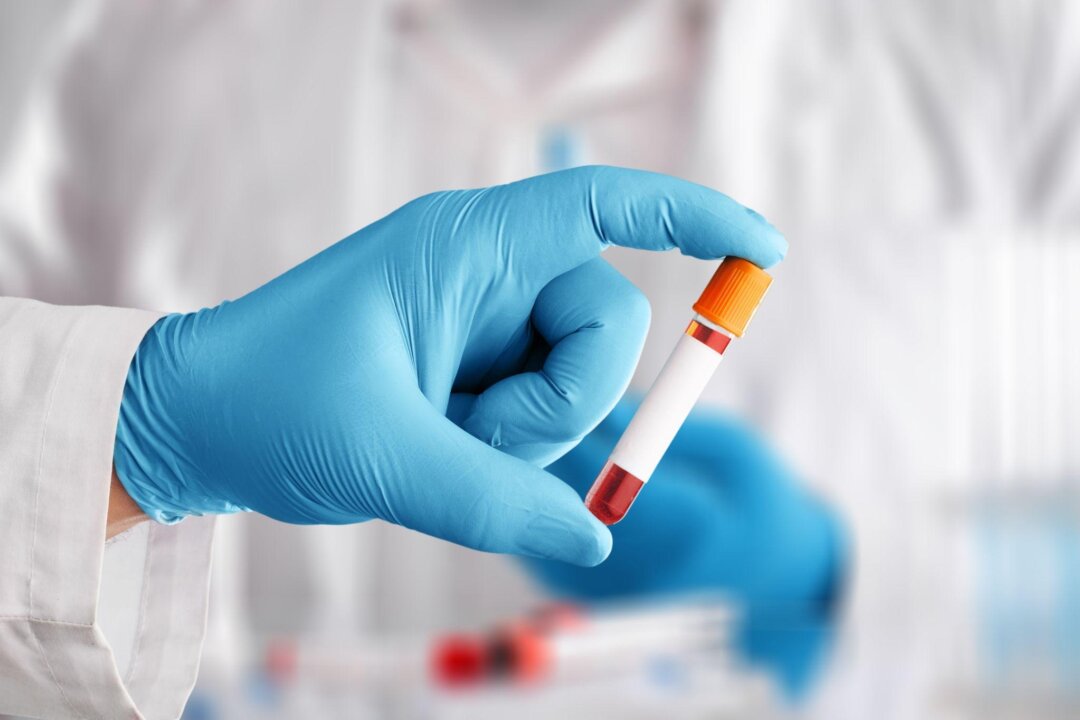Heart disease, stroke, cognitive decline, and depression are common conditions among middle-aged and older people. Although these diseases have different symptoms, they often share an abnormal laboratory marker: elevated homocysteine levels. Damage to blood vessel linings: Hyperhomocysteinemia can damage endothelial cells and impair vascular relaxation, reducing the elasticity of blood vessels.
This damage can lead to the accumulation of blood cells, coagulation factors, and cholesterol at the site, forming clots. If these clots occur in cardiovascular vessels, they can cause cardiovascular diseases; if they occur in cerebral vessels, they can lead to strokes. This is why patients with cardiovascular diseases and strokes often exhibit elevated homocysteine levels.

Cognitive impairment and emotional disturbances: Homocysteine affects the brain’s metabolism and function of critical neurotransmitters through the methylation cycle. Therefore, elevated levels of homocysteine can lead to cognitive impairment and emotional disturbances. Case #1: Hypertension Case #2: Transient Ischemic Attack Case #3: Cognitive Decline Case #4: Osteoporosis Case #5: Pregnancy Folate (folic acid): Facilitates the conversion of homocysteine to methionine in the methylation process, which is essential for maintaining balanced homocysteine levels.
Sources of folate include green vegetables, fruits, legumes, and fortified foods. The recommended daily intake is 400 to 800 micrograms. Vitamin B12: This vitamin works with folic acid to convert homocysteine to methionine.
Sources include meat, dairy products, and eggs. The recommended daily intake for adults is 2.4 micrograms.
Vitamin B6: Also known as riboflavin, vitamin B6 is an enzyme cofactor necessary for converting homocysteine to cysteine. Sources include poultry, fish, potatoes, chickpeas, and bananas. The recommended daily intake for adults under 50 is 1.
3 milligrams (mg). After 50, it is 1.5 mg for women and 1.
7 mg for men. Betaine (trimethylglycine): This provides an alternative pathway for converting homocysteine to methionine, especially when B6, folic acid, or B12 levels are insufficient. Sources include wheat germ, spinach, beets, and shellfish.
People usually get 0.5 to 2 grams daily through food. One can supplement with at least 6 grams a day to lower homocysteine levels.
Choline: Choline supports the metabolic pathway of betaine. Sources include eggs, liver, peanuts, and soy products. The recommended daily intake is 425 to 550 mg.
Omega-3 fatty acids: These help reduce the risk of cardiovascular diseases associated with high homocysteine levels. Sources include salmon, mackerel, sardines, flaxseeds, and walnuts. The recommended daily intake is about 1 to 2 grams of combined eicosapentaenoic acid (EPA) and docosahexaenoic acid (DHA).
.



















